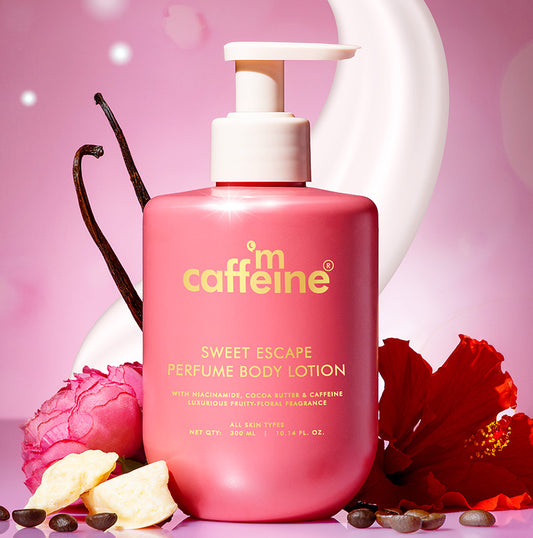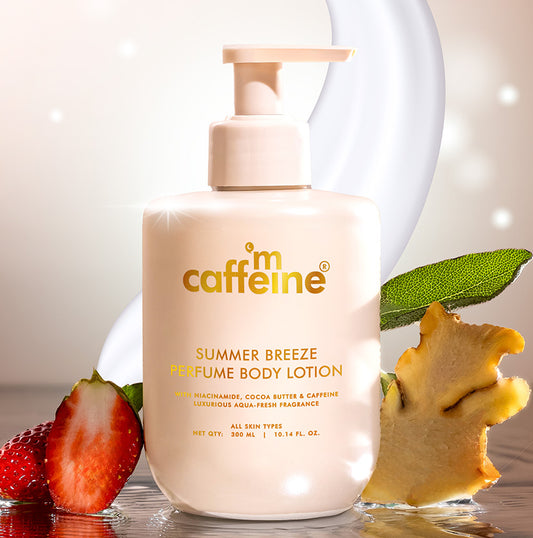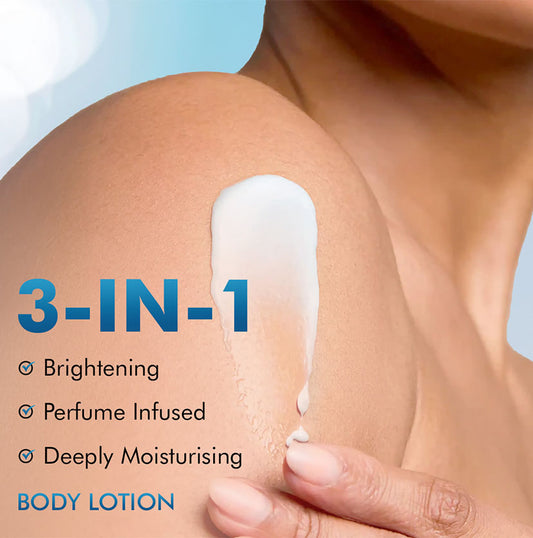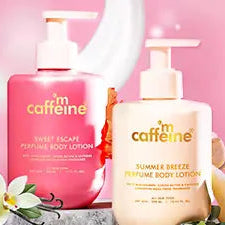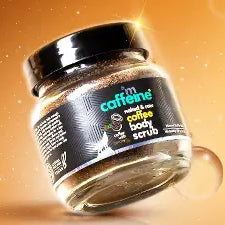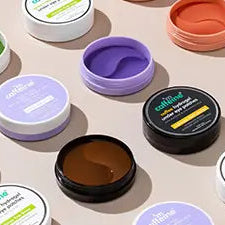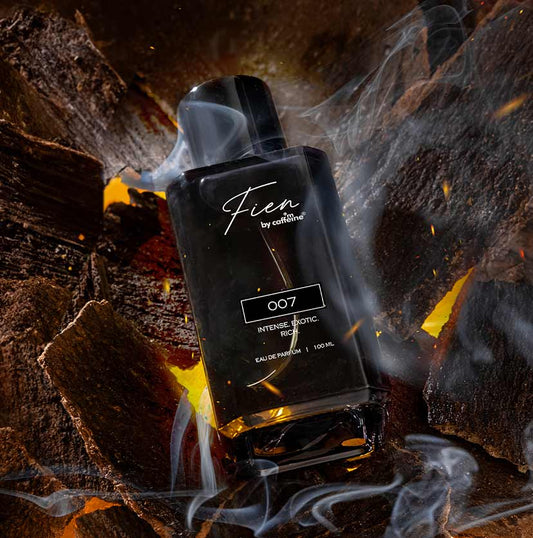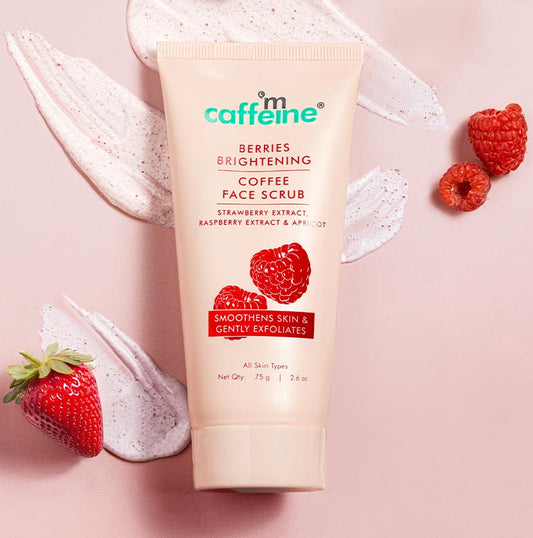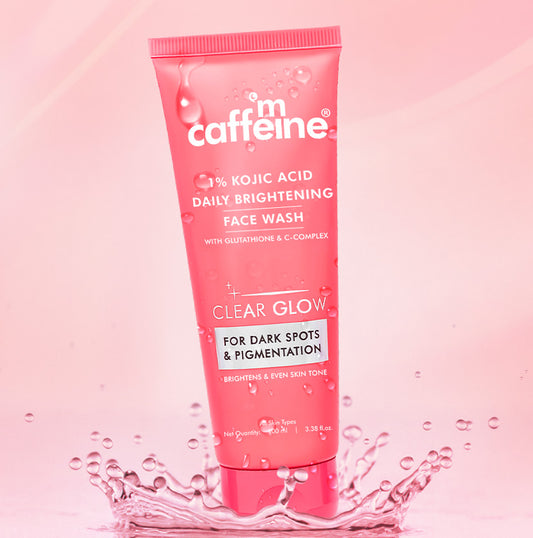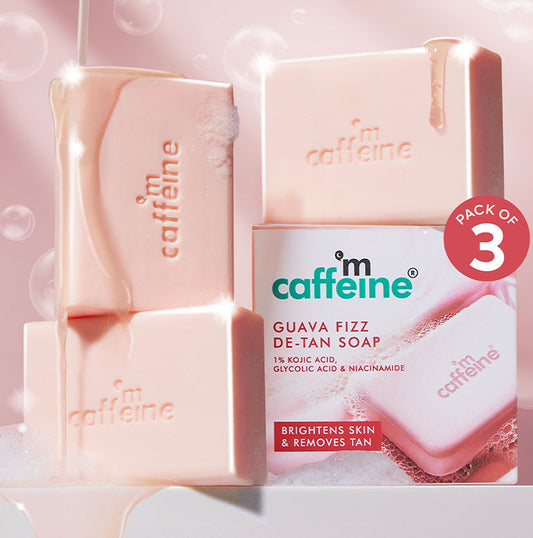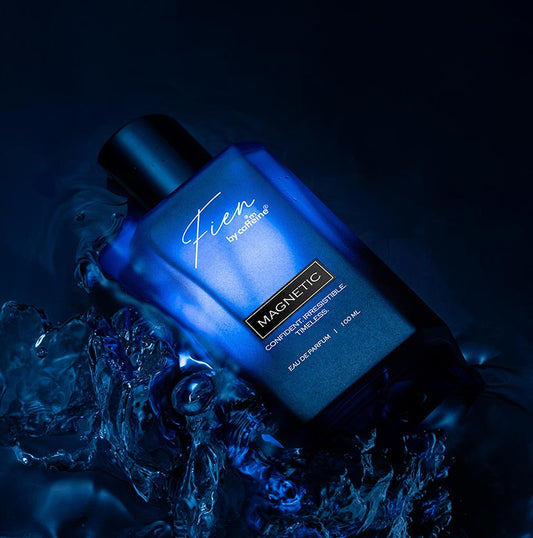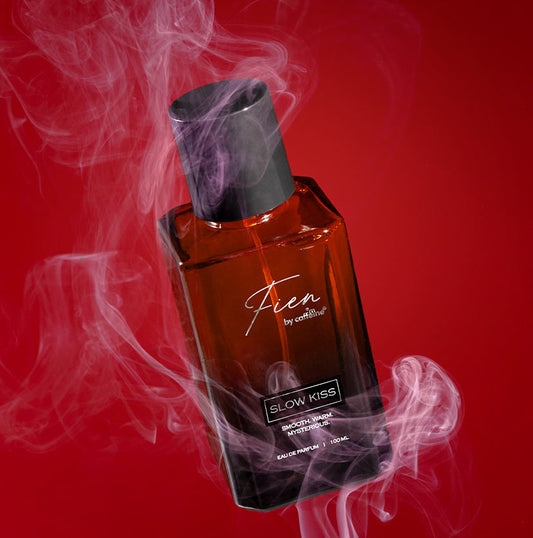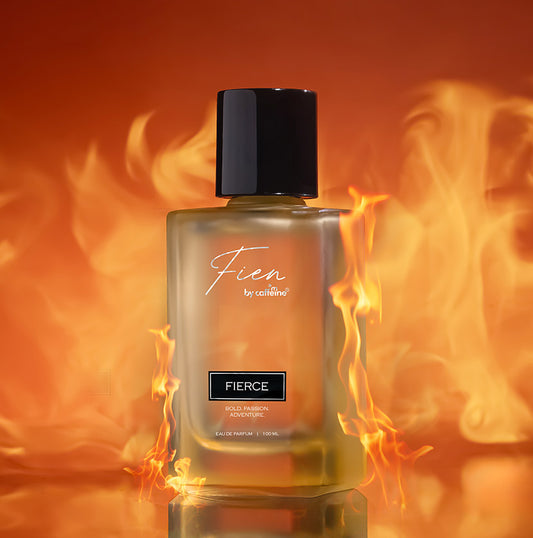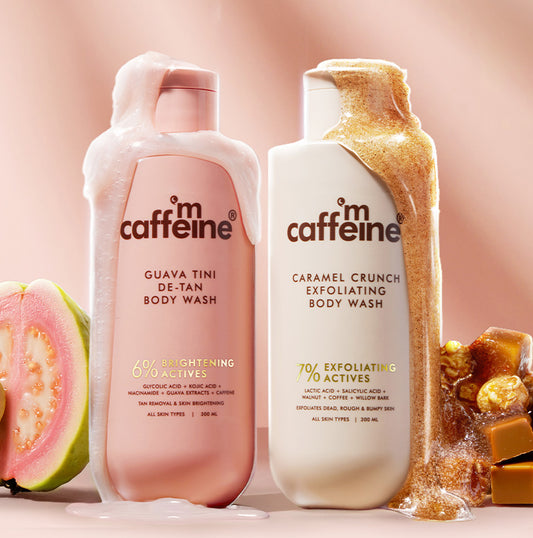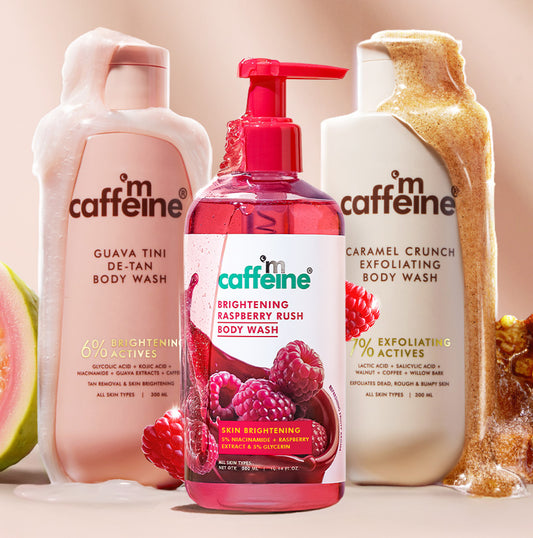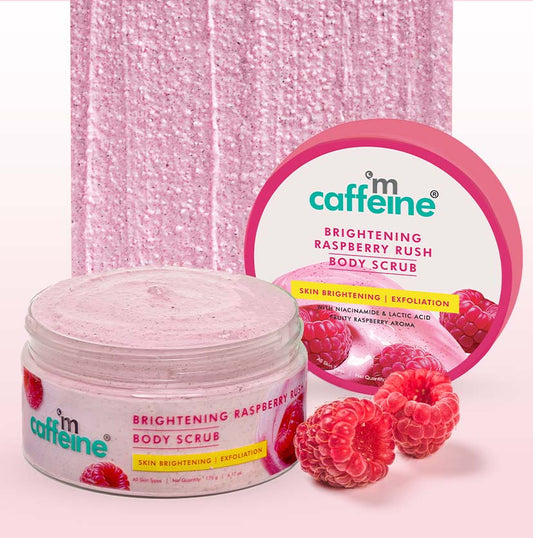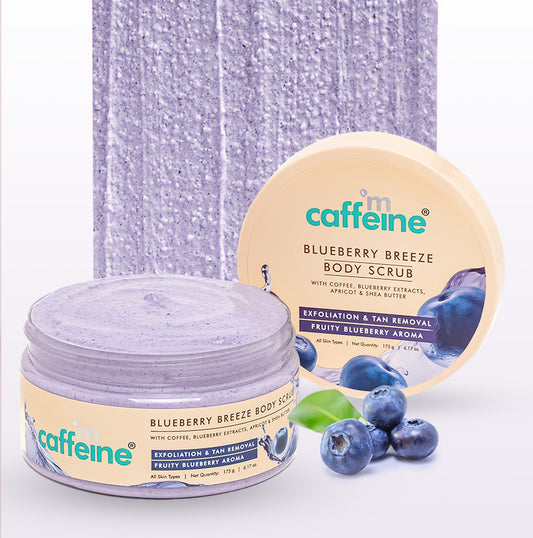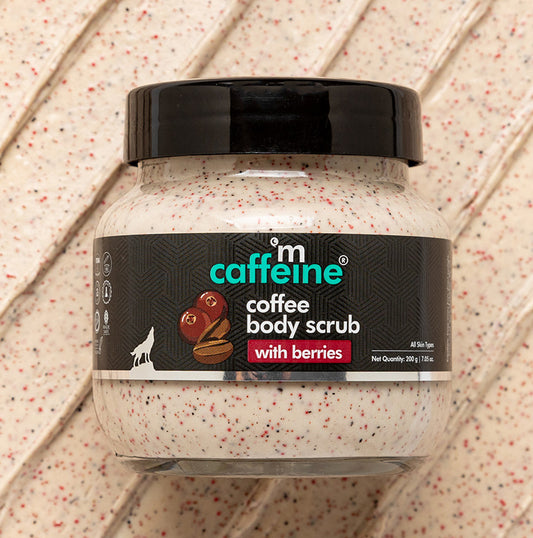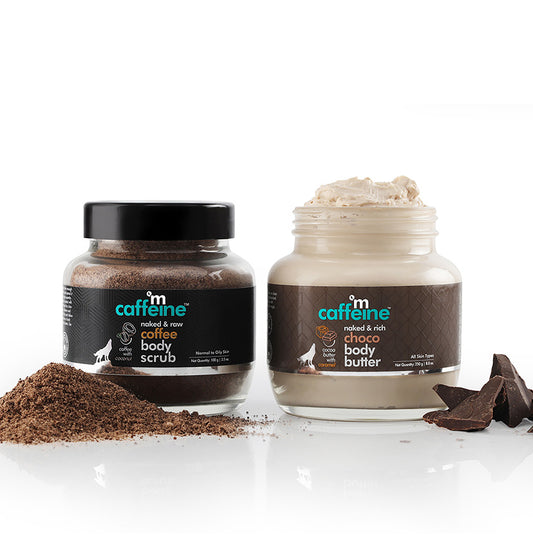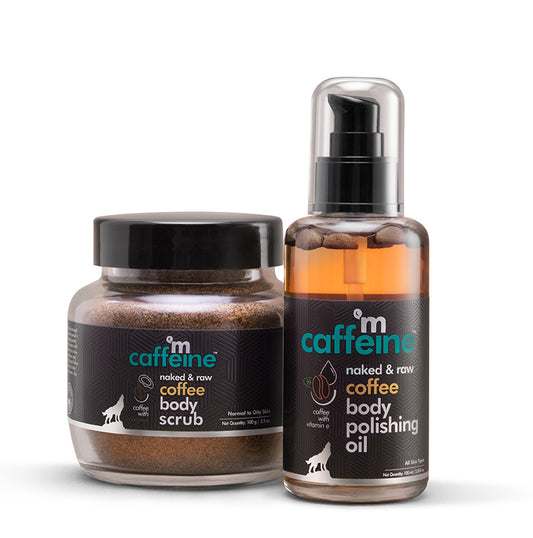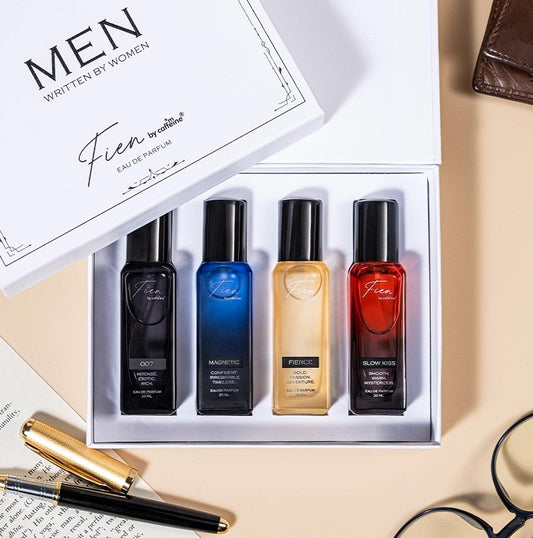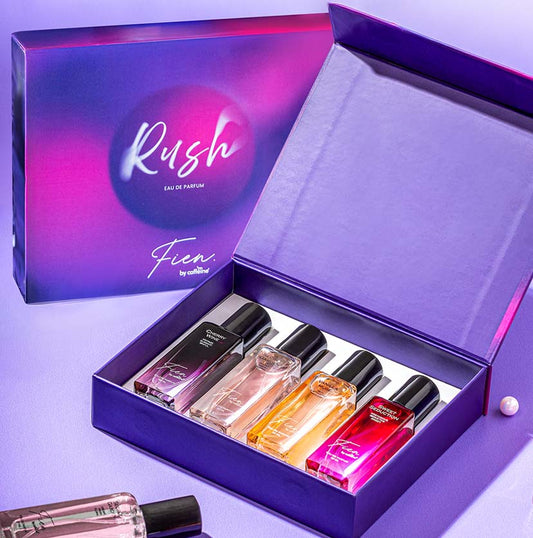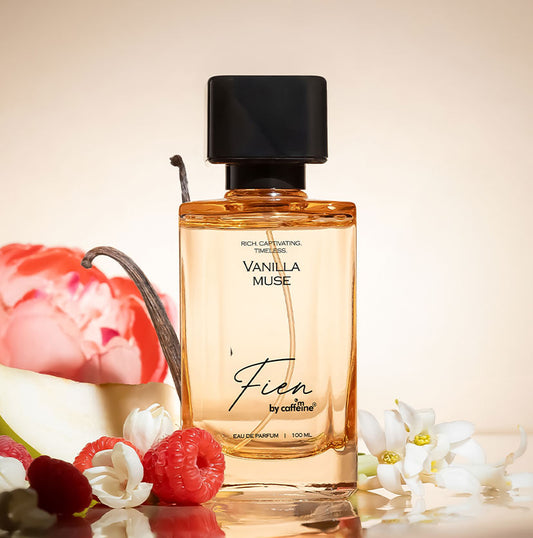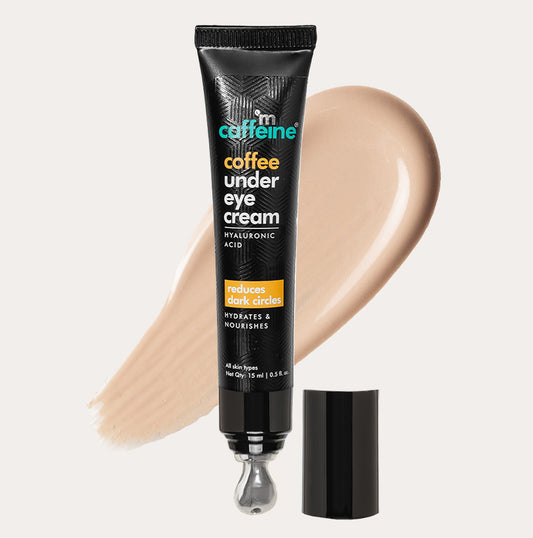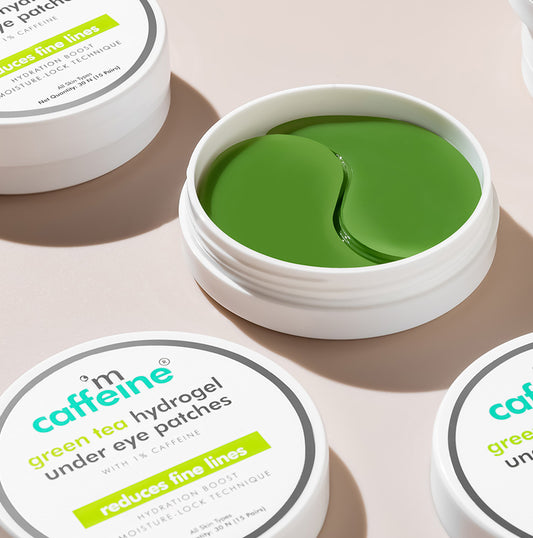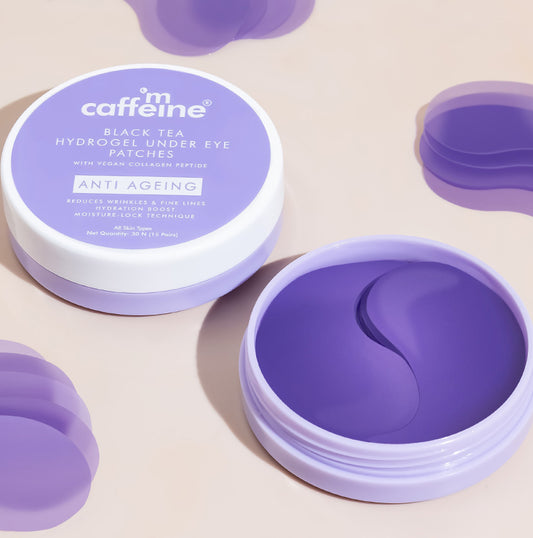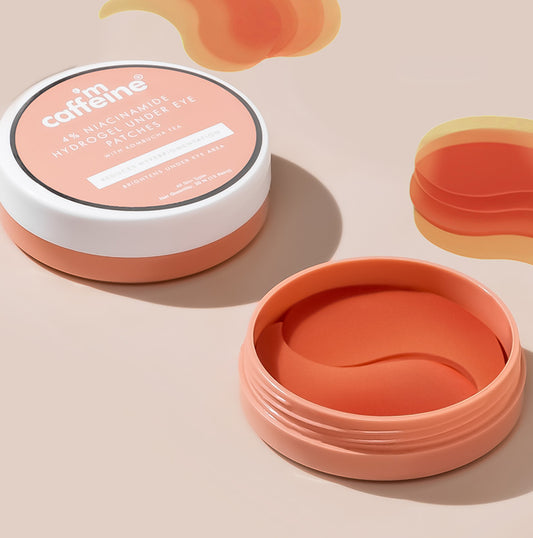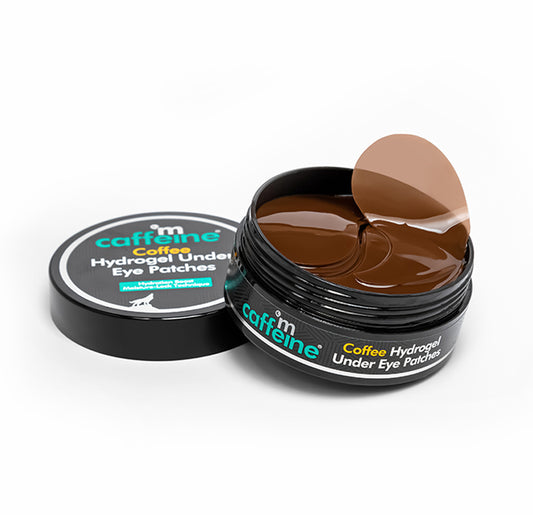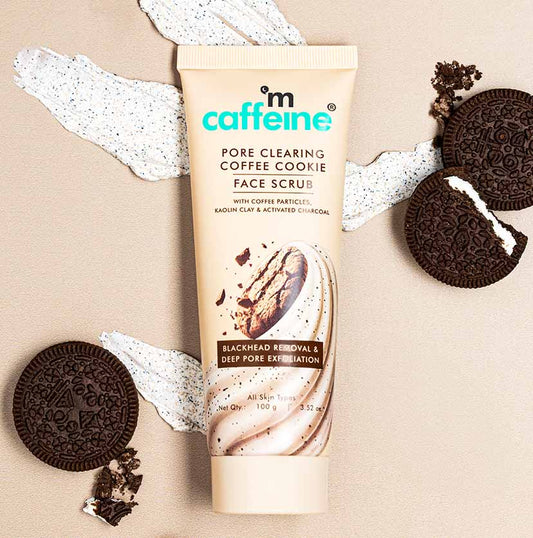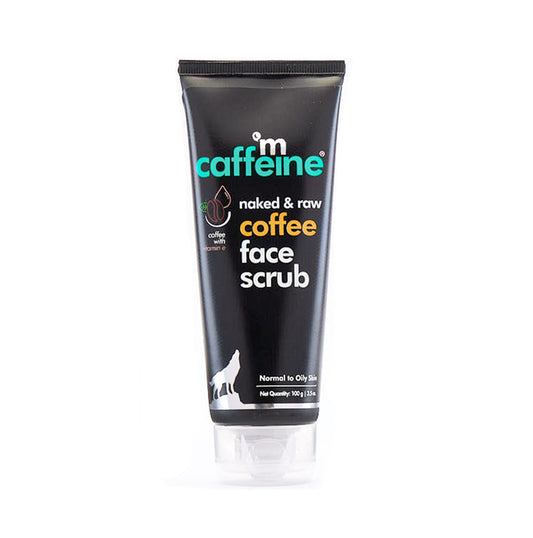7 Ways to Get Rid of Dandruff In Winter
05 Dec 2022
It’s flaky, it’s itchy and god it’s embarrassing, dandruff can and really does kill your mojo! Dandruff, essentially, are small bits of dry skin that shed from the scalp. You might find these stubborn flakes lurking in your hair or on your shoulders. We bet our bottom dollar that you’ve tried everything under the sun to treat it/get rid of it/ be free from it, but, before treating dandruff we’ll have to dive deeper into the technicalities to understand it better and get rid of it once and for all!
Dandruff is related to Seborrheic Dermatitis (SD), which causes itchy and flaky skin, but it only occurs on the scalp. It’s so common that it affects about half of the population. While dandruff doesn’t necessarily come and go it does get worse during winters.
So how do you put an end to this misery once and for all? Read up
Signs & Symptoms Of Dandruff
The biggest tip off that a person might have dandruff are the patches of white flakes on the scalp, made up of dead skin. While most people focus on the flakes, itching may be the most uncomfortable side-effect. Flakes and an itchy, scaly scalp are the main symptoms of dandruff, it typically accumulates in your hair and on your shoulders and often gets worse during the fall and winter months, when the air is dry.
Additional symptoms can include:
- Greasy or dry scales on the scalp
- Yellowish to reddish scaly raised bumps along the hairline (severe cases)
- Eyebrow dandruff
- Hair loss
- Dry flakes on the skin of the face
By now, you must have noticed something, we keep saying that dandruff gets worse in winters, but why is that? Let’s dig a little deeper
Why does dandruff get worse in winters?
Dandruff is especially annoying in winters, why? Well, dark wintry clothes and white fallout on the shoulder is not a great combination. Dandruff gets worse in winters because of dry and cold air which makes your scalp lose moisture faster. Ironically, a dry scalp triggers your body into producing more oil for protection which worsens your dandruff. As winter ushers in, dandruff becomes more common. For some, it becomes noticeable by autumn itself. But we won’t let dandruff rain on our parade. So, here are some remedies that will help you get dandruff off your scalp and park them at bay for good!
Use a Good Anti-Dandruff Shampoo
Quite obvious, duh! But using an anti-dandruff shampoo is a must if you are dealing with dandruff in winters. To target dandruff, it’s important that you use hair products that are specifically made for the said concern. Like our Anti-Dandruff Shampoo it cleanses the scalp and prevents dandruff from coming back.
Exfoliate Your Scalp
You have all the reason to panic if you see dandruff flakes on your shoulder, but don’t. Simply invest in a good scalp scrub and exfoliate away the dead skin to relieve itchiness. Scalp exfoliation is as important as skin exfoliation, it helps in getting rid of all the dirt and product build up and helps prevent blocked or clogged follicles which impacts the overall health of the hair & scalp. Try our Coffee Scalp Scrub that’s known to reduce dandruff causing microbes by 99%.
Nourishing with a Hair Mask
Not many people are aware but hair masks can do wonders for your scalp in getting rid of dandruff. Hair masks treat, nourish and condition your scalp to get rid of all those pesky flakes for good! Using an anti-dandruff hair mask can also reduce itchiness, try our Anti-Dandruff Hair Mask with Rosemary and see 99.9% reduction in dandruff.
Apart from using anti-dandruff based products for your hair and scalp you should also take care of certain habits that can help a great deal in reliving your dandruff issue.
Don’t Take Excessively Hot Showers
Extremely hot showers can strip off the natural oils from your scalp causing it to become extremely dry and flaky. Instead, use lukewarm water or cold water to maintain your scalp’s moisture level. Use a sulphate and paraben-free shampoo to rinse off your hair properly to prevent irritation and dandruff.
Brush Your Hair Regularly
Brushing/combing your hair at least twice daily stimulates the scalp and increases blood circulation. This will further help maintain the moisture level of your scalp that’ll keep your hair & scalp healthy. Always remember, brush your hair when it’s damp, not wet. Also, don’t tie up wet hair as this can create a perfect environment for fungus and bacteria to grow.
Keep Your Scalp Moisturized
Dry scalp is one of the major causes of dandruff, so how do we turn a dry scalp into a hydrated and moisturized one? One way of doing it is by using hydrating products or pampering your hair and scalp with a hot oil massage with our Damage Repair Latte Scalp & Hair Cream Oil with Coconut Milk. You can also take steam with a hydrating hair mask for extra nourishment & hydration.
Drink more water
Cold winters often make us forget to stay hydrated, this is one of the major reasons why our scalp becomes dry. Lack of hydration, dehydrates the skin and scalp causing more dandruff. Drink at least 4 litres of water to keep yourself hydrated.
Maintain a healthy diet
You are what you eat - nothing can be more true. Include protein & omega 3 rich food in your diet to boost your scalp health like nuts, legumes, fish, mushroom, soy etc. Eat your greens and roughage for a balanced diet
Well, looks like now you are fully equipped to fight dandruff this coming winter, if you see, it’s not that difficult. Simply keep your scalp clean, hydrated and moisturized! Wait, there’s more, have you heard that coffee plays a vital role in keeping dandruff at bay? No? Check this blog out and learn all about it!
FAQ
Q1: How to remove dandruff from hair in winter?
Combat winter dandruff by using anti-dandruff shampoos containing zinc pyrithione or ketoconazole, moisturizing your scalp regularly, and maintaining a healthy diet rich in omega-3 fatty acids and vitamins B and D.
Q2: How to remove dandruff quickly?
To remove dandruff quickly:
- Wash hair with an anti-dandruff shampoo
- Apply a mixture of lemon juice and coconut oil to your scalp
- Leave for 20 minutes
- Rinse thoroughly with lukewarm water
- Repeat daily for 3-5 days
Q3: Is it OK to have dandruff in winter?
While dandruff is common in winter due to dry air and heated indoor environments, it's not ideal. Persistent dandruff can lead to scalp irritation and hair problems, so it's best to address the issue promptly.
Q4: Can dandruff be removed permanently?
Complete permanent removal of dandruff is challenging as it's often linked to factors like skin type and climate. However, consistent scalp care, proper hair hygiene, and lifestyle changes can significantly reduce dandruff occurrence and keep it under control long-term.
Q5: What role does diet play in managing winter dandruff?
A balanced diet rich in zinc, B vitamins, and omega-3 fatty acids can help reduce dandruff. Foods like fish, nuts, whole grains, and leafy greens support scalp health and may decrease dandruff severity, especially during dry winter months.
Q6: Does cold water cause dandruff?
Cold water alone doesn’t cause dandruff. Frequent use of hot water, however, disrupts the scalp’s natural oils, worsening dryness and flaking linked to dandruff.
Q7: How to get rid of dandruff in winter naturally?
Apply aloe vera, diluted apple cider vinegar, or tea tree oil directly to the scalp to reduce irritation. Combine with gentle, moisturizing anti-dandruff shampoos and avoid daily washing to prevent dryness.
Q8: How to get rid of flakes in hair?
Use anti-dandruff shampoo regularly and lightly exfoliate the scalp with a sugar-based scrub. Moisturize with coconut oil or jojoba oil to soften and loosen stubborn flakes.
Q9: What causes dandruff in hair in winter?
Low humidity and cold air dehydrate the scalp, while indoor heating worsens dryness. Overwashing or harsh hair products further strip moisture, increasing flaking.







